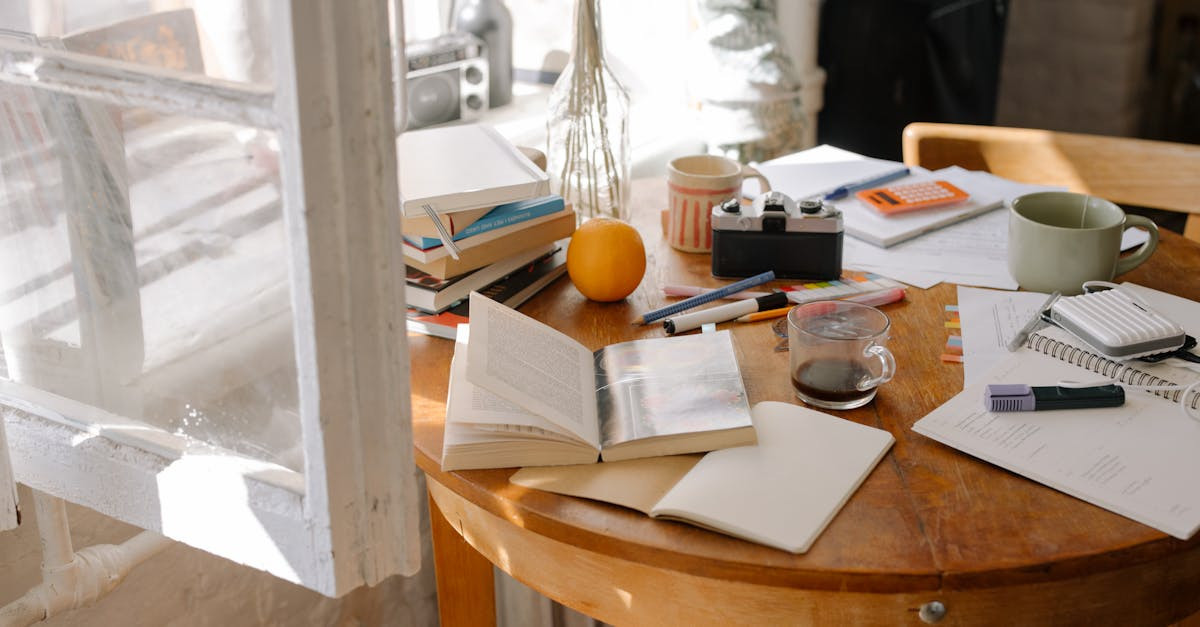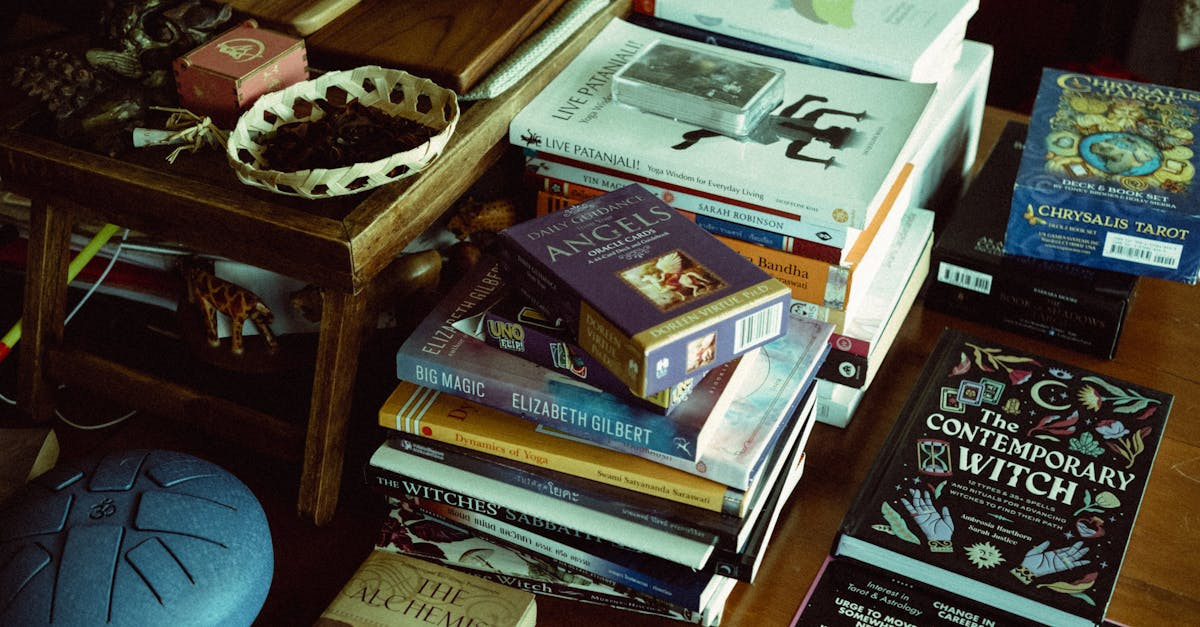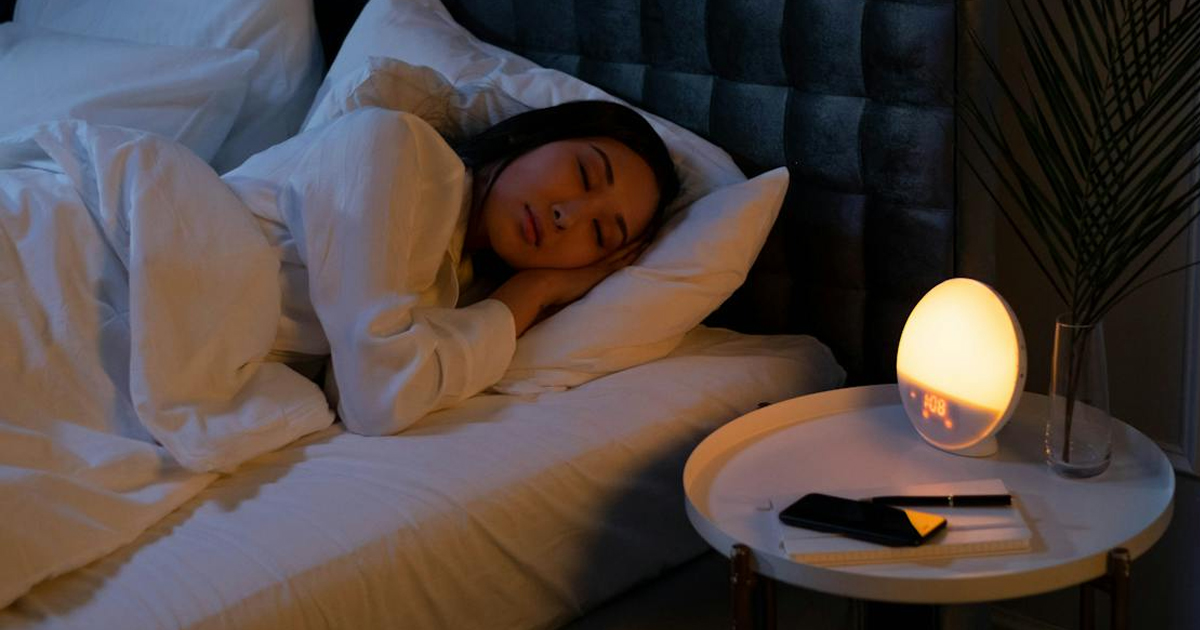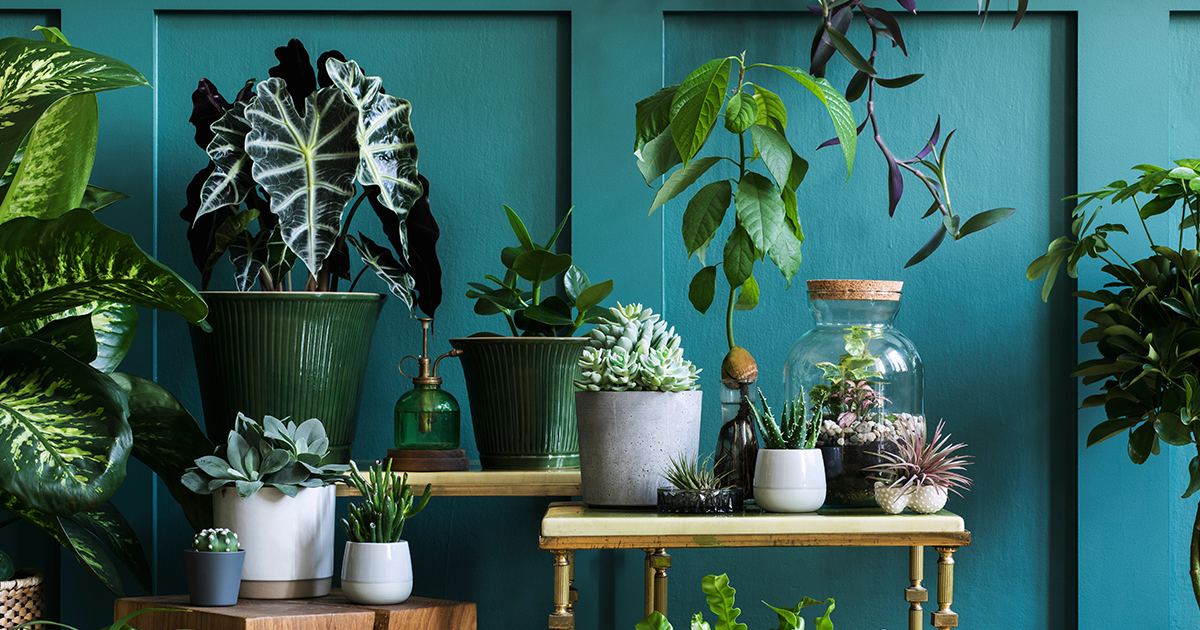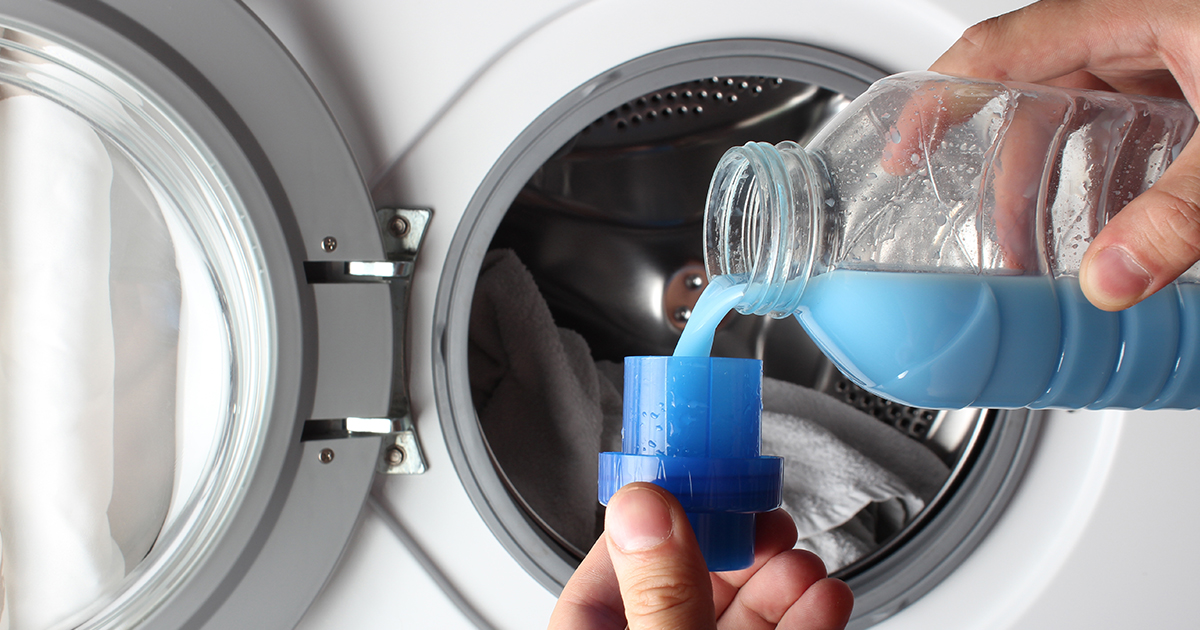A cluttered environment often reflects a cluttered mind. If your home or workspace is overflowing with unnecessary items, it can increase stress, cut down your productivity, and sap your mental energy. Organizing your surroundings is one of the simplest yet most effective ways to boost mental clarity and improve your over-all level of sanity.
The Connection Between Clutter And Stress
Numerous studies show a link between physical clutter and increased stress levels. Visual chaos overwhelms the senses and signals the brain that there’s unfinished work to tackle. Over time, this constant stimulation leads to fatigue, irritability, and feelings of anxiety. By reducing clutter, you’ll stop stumbling over miscellaneous objects; more importantly, you’ll create an environment that encourages calmness, focus, and peace of mind.
Improved Productivity And Focus
A tidy, organized space naturally improves your ability to concentrate. When distractions are at a minimum, you can better focus on the task at hand. Whether working from home, reading, or simply relaxing, an orderly space makes all activities more enjoyable and productive. A clutter-free environment fosters sound decision-making and improved efficiency in day-to-day tasks.
Decluttering Boosts Emotional Health
Physical clutter often triggers feelings of guilt, embarrassment, or overwhelm. By eliminating unnecessary items, you regain a sense of control and accomplishment. Decluttering can give a feeling of relief and reduce mental fog. As your physical environment becomes more intentional, so does your mindset, leading to increased confidence and emotional stability.
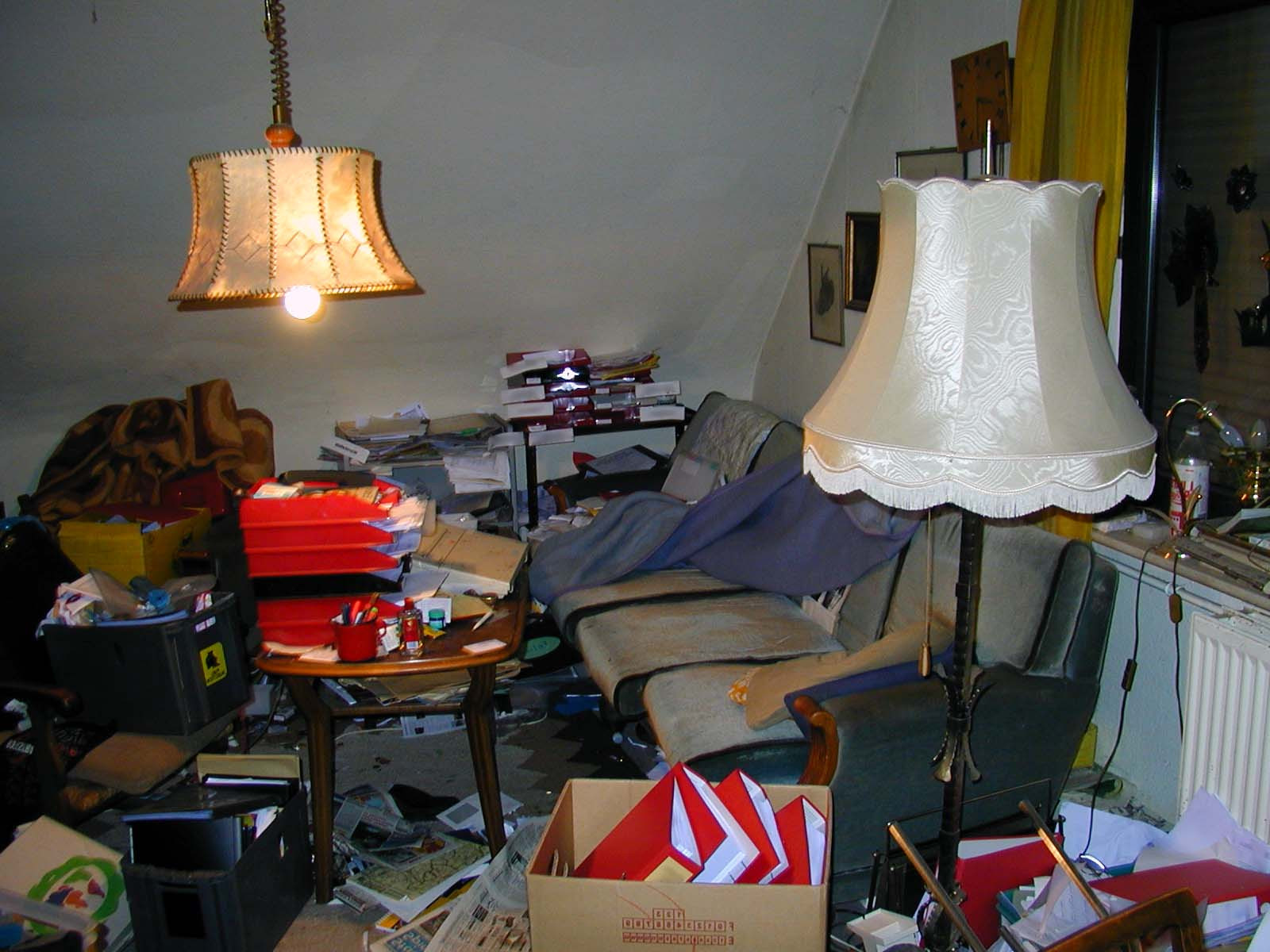 Maschinenjunge, Wikimedia Commons
Maschinenjunge, Wikimedia Commons
Start Small And Build Momentum
Decluttering doesn’t have to happen overnight. Start with one drawer, one shelf, or one corner of a room. Completing small projects builds momentum and encourages you to continue. Celebrate each success, no matter how minor. This gradual approach prevents burnout and keeps the process manageable and rewarding.
Create Dedicated Spaces
Assign a specific place for everything to reduce future clutter. When each item has a home, tidying up becomes easier and more efficient. Label storage containers, clear off surfaces, and organize belongings by category. Establishing simple systems prevents mess from accumulating again and maintains a consistent sense of order.
The Mental Benefits Of Minimalism
Embracing minimalism doesn’t mean living without essentials—it means choosing what truly adds value to your life. Only hang onto the items you love or regularly use, and free up more space. Minimalist environments promote calmness, intentionality, and a greater appreciation for what you already have.
Decluttering Enhances Relaxation
Coming home to a clean, organized space makes unwinding easier. Relaxation gets easier and more natural when your surroundings aren’t in total chaos. Soft lighting, clear surfaces, and well-organized belongings create a sense of serenity in both body and mind.
Freedom From Chaos
Decluttering your space is a powerful step toward decluttering your mind. As your physical environment becomes clearer and more organized, so does your thinking. Clearing out excess junk fosters productivity, emotional balance, and inner calm. Whether you’re seeking mental clarity, a more peaceful home, or even just space to physically move around, simplifying your surroundings can transform your daily life.
You May Also Like:
40 Genius Ways to Give Your Belongings New Life
Items From Your Childhood That Are Worth Money Now
10 Signs You’re Living Life On Autopilot—And 10 Ways To Stop It


